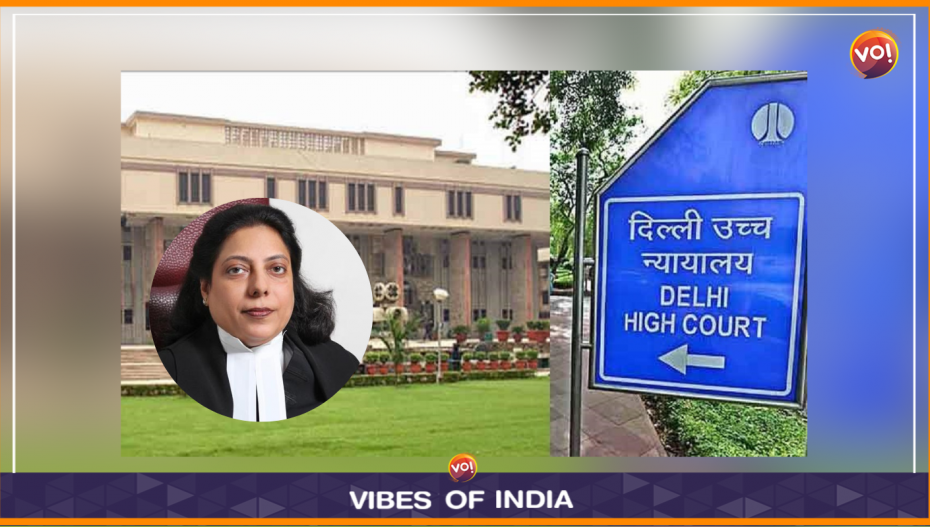On her final day in the Delhi High Court, Justice Mukta Gupta left an indelible mark by delivering 65 significant judgements. Presiding over several division benches, she rendered decisions on a wide array of cases, ranging from murder and rape appeals to the conversion of a death sentence to life imprisonment without remission for 20 years.
After serving as a high court judge for a commendable 14-year period, Justice Gupta will retire tomorrow. The publication of Monday’s cause list, which showcased a notable line-up of 65 judgements assigned to her, created a buzz among lawyers, litigants, and court observers. With the court operating on a limited schedule during the holidays, only selected benches were in session, amplifying the significance of urgent matters and the delivery of a limited number of verdicts.
Monday proved to be a whirlwind day for lawyers and litigants anxiously awaiting Justice Gupta’s decisions. Initially, alongside Justice Anish Dayal, she commuted the death penalty of a man convicted of kidnapping for ransom and killing a 12-year-old child, sentencing him to life imprisonment without remission for 20 years. The judge emphasized that the crime did not meet the criteria of being the “rarest of rares” due to its lack of premeditation or diabolical nature, while also highlighting the potential for the convict’s reformation.
The same bench upheld the conviction and ten-year sentence of five Uttar Pradesh
policemen involved in the custodial torture leading to the death of a 26-year-old man in 2006. Dismissing the appeal made by the victim’s father seeking murder charges against the police, the High Court explained that the evidence suggested the deceased was subjected to custodial torture with the knowledge of its potentially fatal consequences, but without any intention to cause death.
Subsequently, another bench comprising Justices Gupta and Poonam A. Bamba modified the sentence handed down by a trial court to five convicts in a 2014 gang rape case, reducing it from life imprisonment for the remainder of their natural lives to life imprisonment. In their 35-page judgement, the bench considered various factors, including the appellants’ backgrounds, social standing, ages, and the expression of remorse by all the convicts except one. Consequently, the bench sentenced them to life imprisonment, implying the possibility of parole and early release.
Reflecting on her tenure, Justice Gupta, in her farewell speech earlier this month, stated that granting relief as a judge is not an act of charity but rather the court’s acknowledgement of the litigant’s rightful entitlement.
Prior to her appointment as a judge, Justice Gupta served as a prosecutor, handling noteworthy cases before both the High Court and the Supreme Court. Her involvement in high-profile cases such as the Parliament and Red Fort shootout cases, the Jessica Lal murder case, the Naina Sahni murder case, and the Nitish Katara case solidified her reputation in the legal arena.
Also Read: Caste Census On A National Basis Challenging Due To ‘Technical’, ‘Legal’ Issues: BJP













